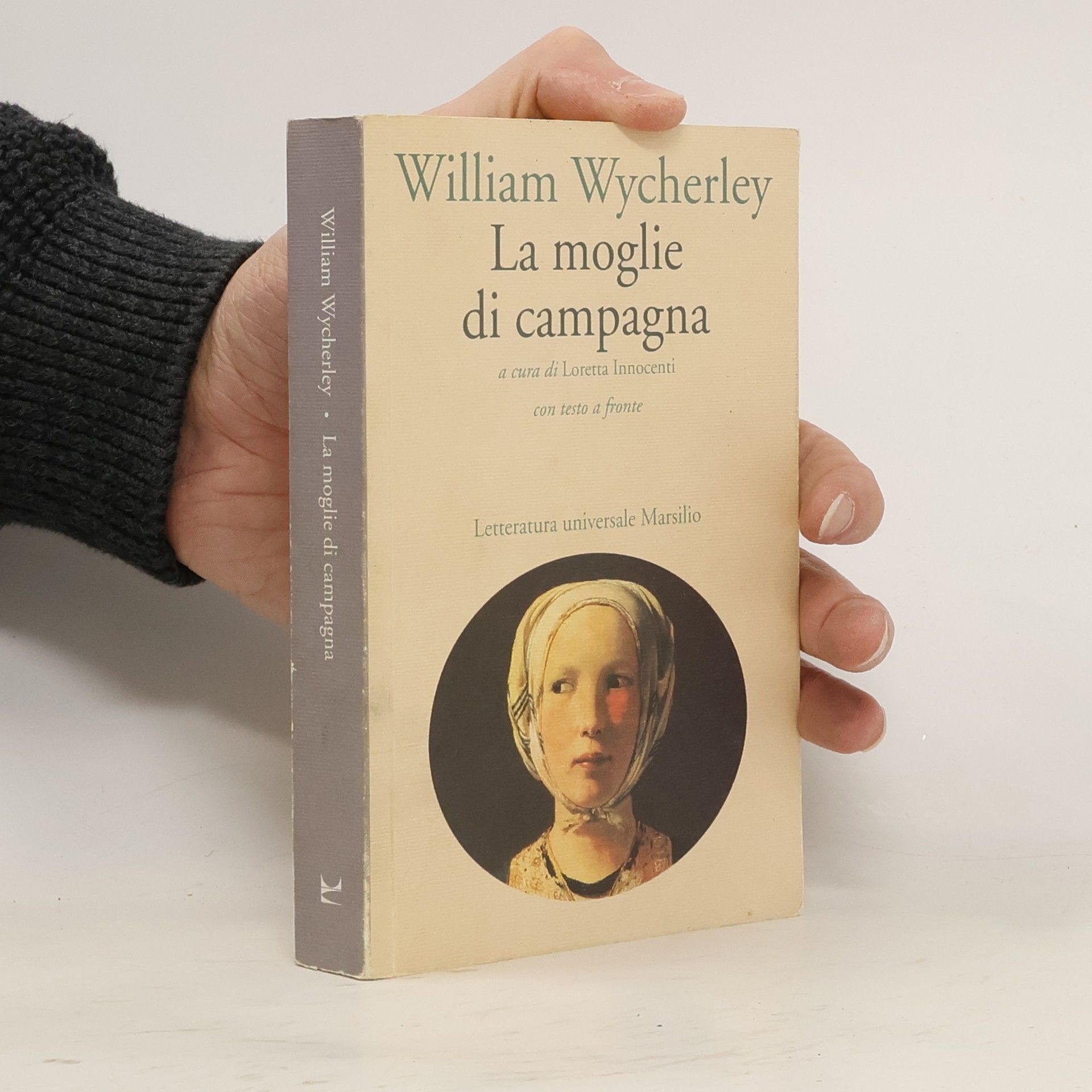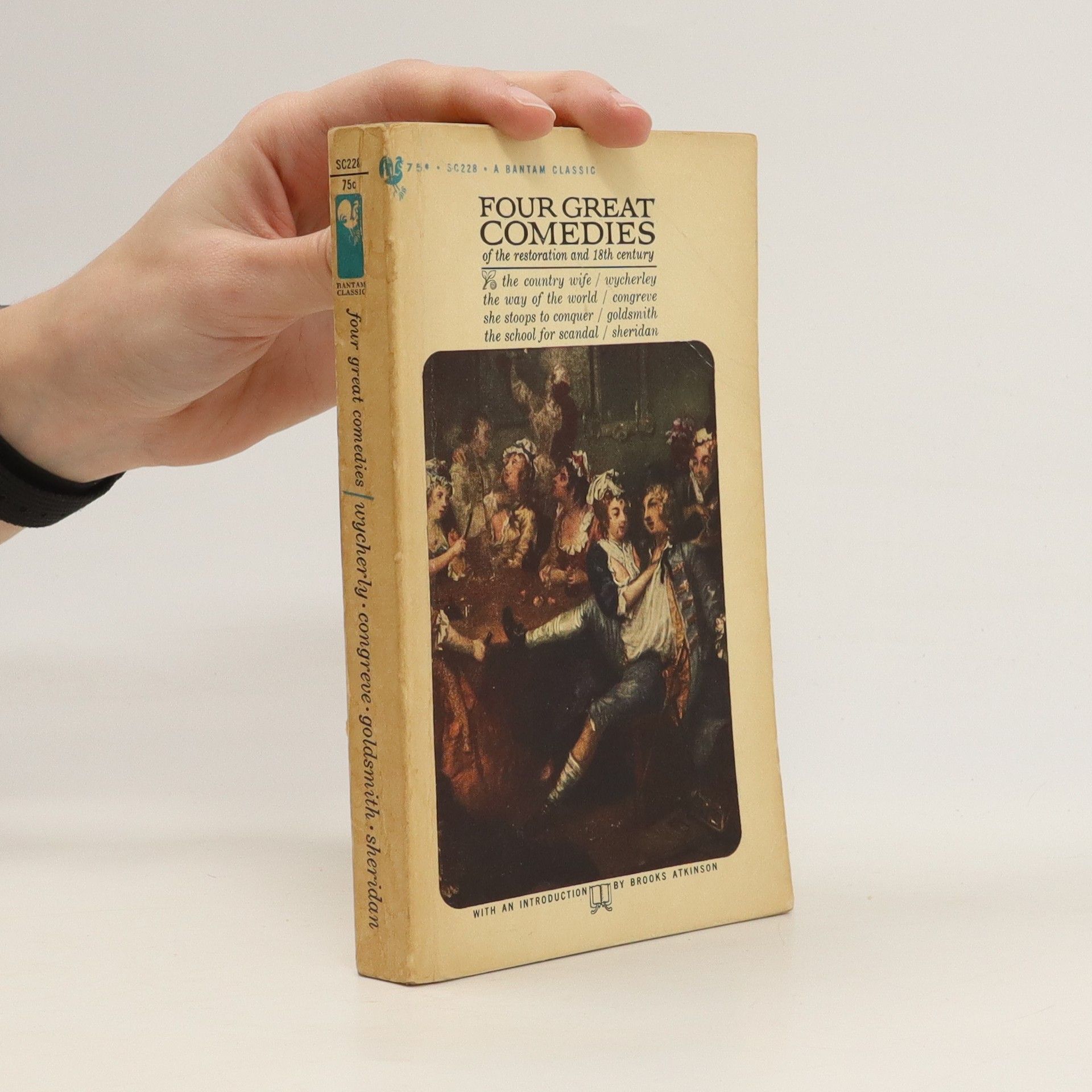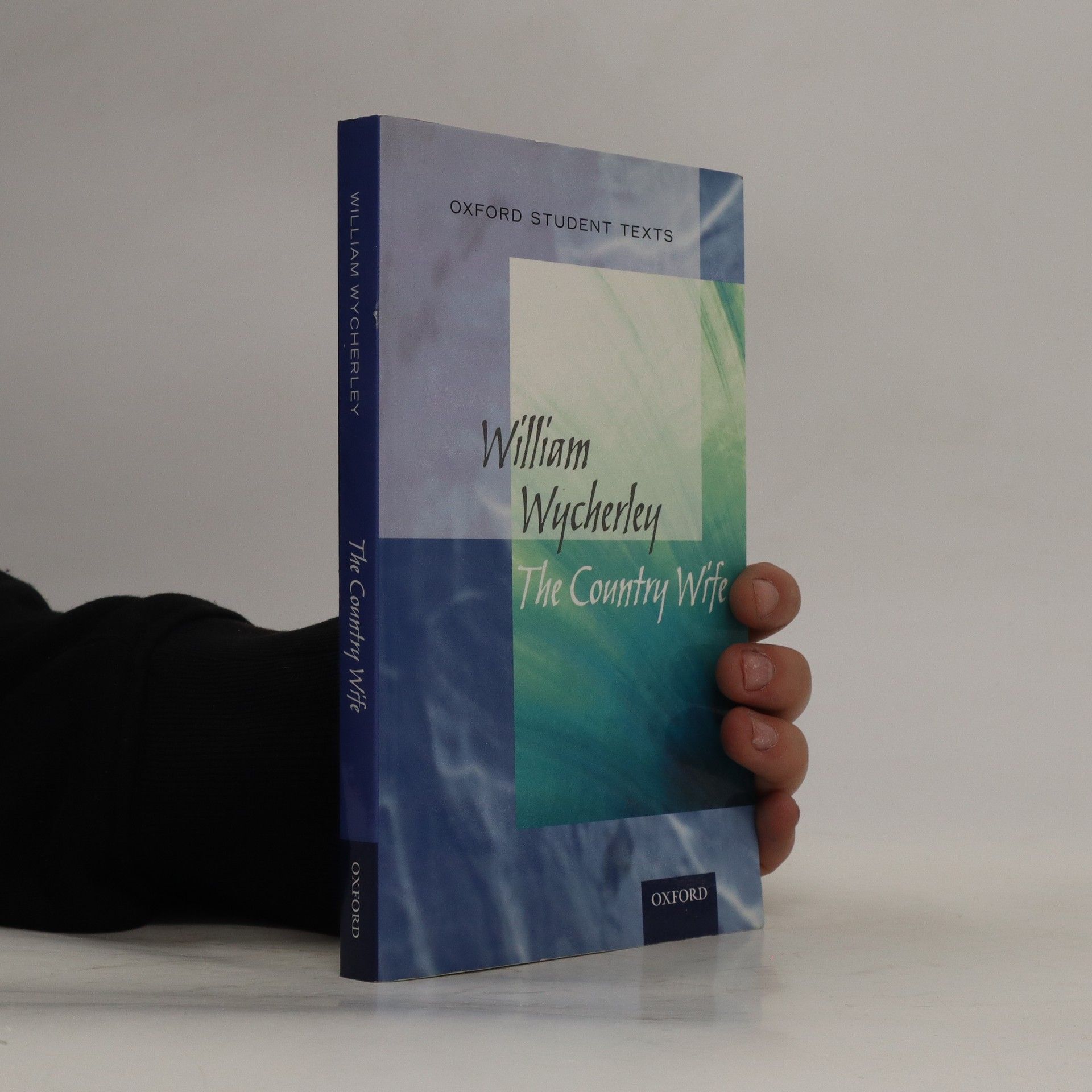The Country Wife
- 178pages
- 7 heures de lecture
Set in the 17th century, the play centers on Harry Horner, a notorious rake who spreads a rumor about being a eunuch to pursue affairs without raising suspicion. Its bold exploration of sexuality and gender roles sparked controversy, featuring explicit scenes and women engaging in behaviors typically reserved for men, such as carousing and singing. The narrative weaves together multiple plot lines, revealing the complexities of desire and societal expectations during its time.




